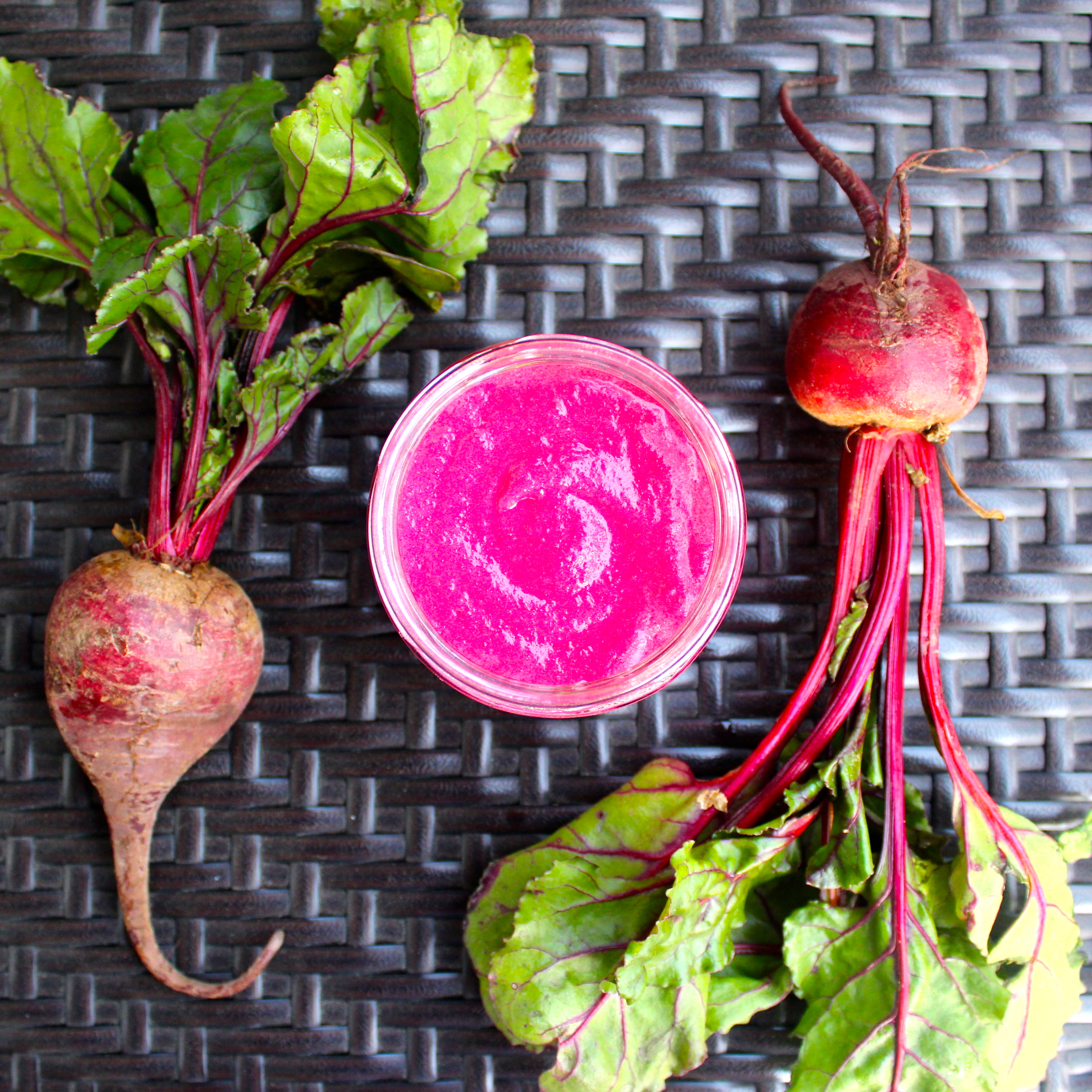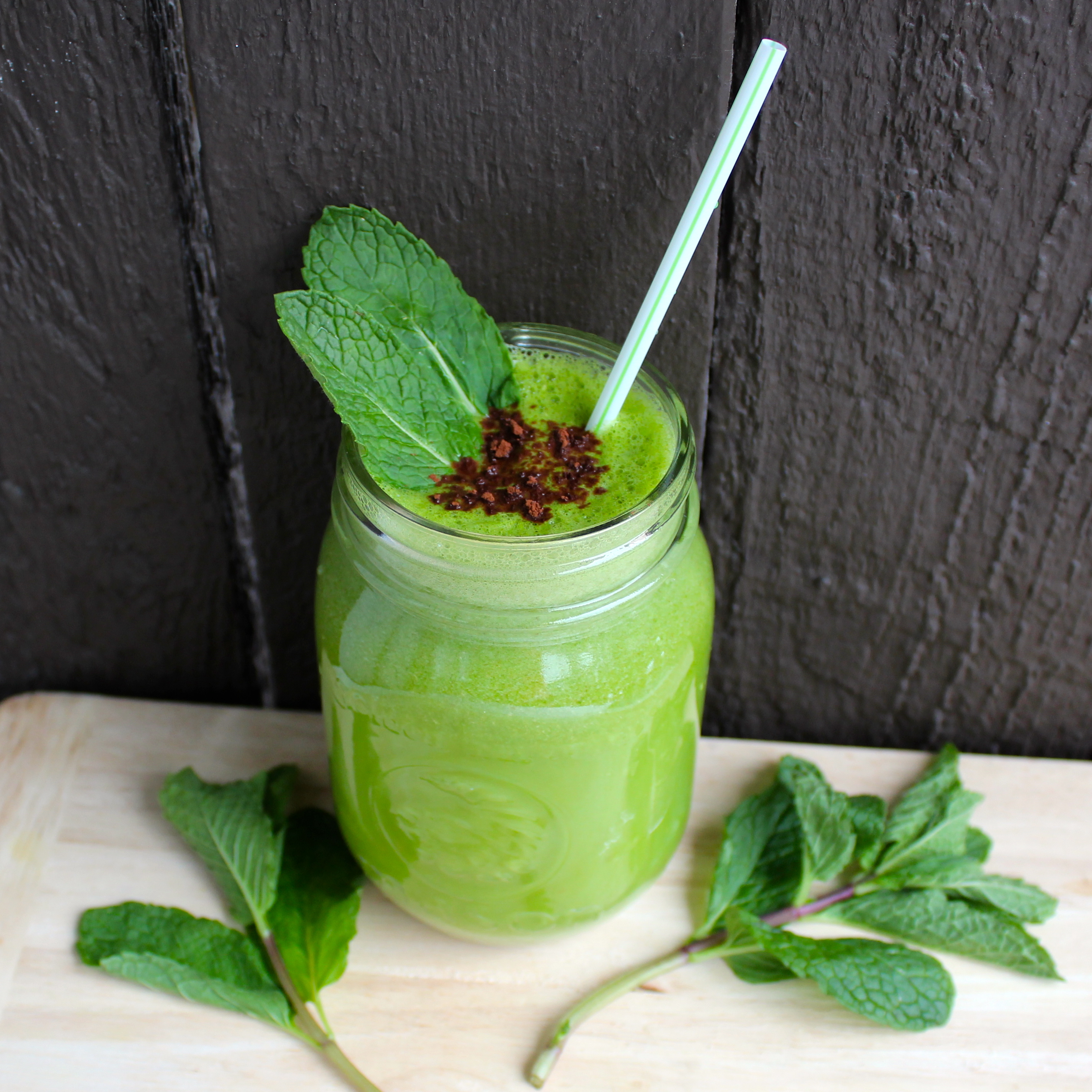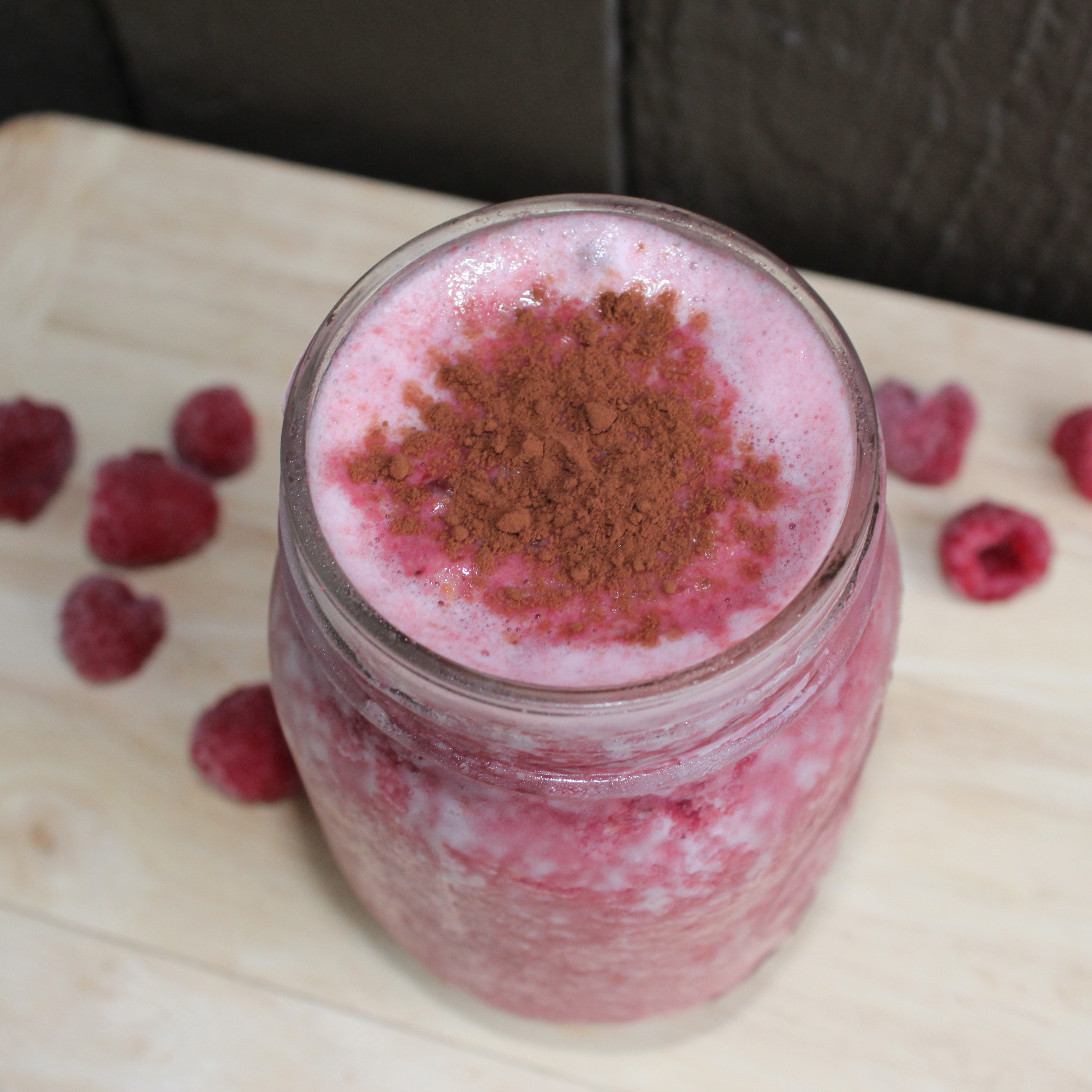Learn why beets and ginger are staples in my medicine cabinet.


Learn why beets and ginger are staples in my medicine cabinet.

Get creative with your smoothies by adding two PCOS-fighting teas: matcha and spearmint.

A frosty smoothie packed with antioxidants.